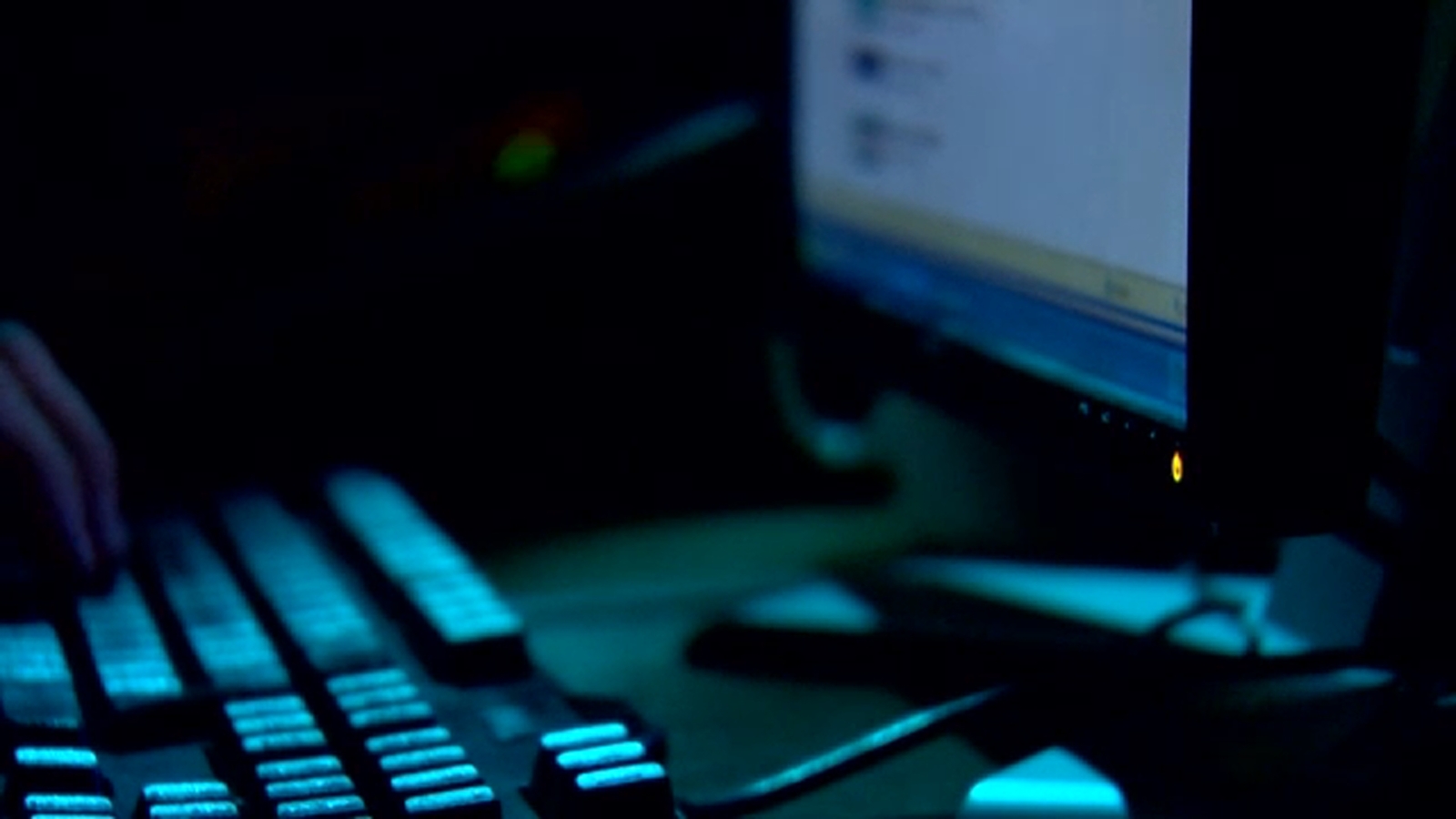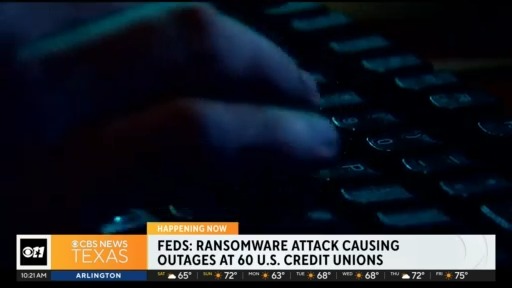Ransomware attack in US: Dozens of credit unions experience outrages due to cyberattack on Trellance, federal agency says
About 60 credit unions in the United States are experiencing outages because of a ransomware attack on an IT provider the institutions use, according to a federal agency.
The video above is ABC13’s 24/7 livestream.
On Friday, the National Credit Union Administration (NCUA), the agency that insures deposits at federally insured credit unions, said in a statement to ABC News that it was “coordinating with affected credit unions” in the wake of the hack.
The full extent of the outage and its impact on credit unions was unclear Friday evening. One of the affected credit unions, New York-based Mountain Valley Federal Credit Union, told CNN that technicians from the hacked IT provider were “working around the clock to get our systems” back online.
According to NCUA spokesperson Joseph Adamoli, credit unions reported that the ransomware attack, in which cybercriminals typically lock computer systems as an extortion tactic, affected a unit of Trellance, a cloud computing firm provider used by credit unions.
NCUA told ABC News that the hack occurred through a third-party vendor, FedComp, using Trellance software, which was the source of the cyberattack.
Trellance did not immediately respond to a request for comment on Friday.
“Member deposits at affected federally insured credit unions are insured by the National Credit Union Share Insurance Fund up to $250,000,” NCUA said.
The Record, a cybersecurity news publication, reported earlier on the ransomware attack.
The incident is just the latest example of how ransomware attacks have caused havoc for U.S. critical infrastructure in recent years. Hospitals, fuel pipelines, and schools have also been disrupted by the file-locking cyberattacks, prompting the Biden administration to treat ransomware as a national security crisis.
CNN writer Sean Lyngaas contributed to this report.




